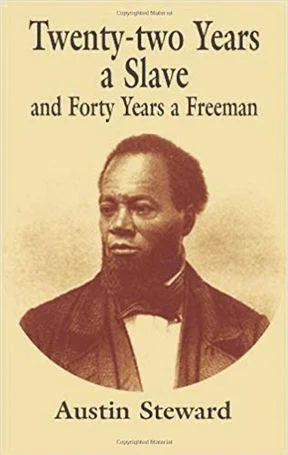
Southwest Tribune Newspaper: Rochester, NY
Austin Steward (1793-1869) was an influential African American abolitionist and community leader in Rochester, New York. He made significant contributions to the city through his activism and efforts to improve the lives of African Americans.
Steward was born into slavery in Virginia in 1793 and endured many hardships during his early life. He eventually gained his freedom in 1813 and moved to Rochester around 1817.
In Rochester, he became an active member of the local African American community and worked tirelessly for the abolition of slavery.
One of Steward's notable contributions was his involvement with the Underground Railroad, a network of secret routes and safe houses that helped enslaved African Americans escape to freedom. Steward played a crucial role as a "conductor" on the Underground Railroad, assisting fugitive slaves on their journey to Canada, where they could find freedom.
He provided shelter, food, and guidance to those seeking liberation.
Steward was also involved in various local organizations and institutions dedicated to the advancement of African Americans.
He was a founding member of the First African Methodist Episcopal Zion Church in Rochester, one of the first Black churches in the city. Steward actively supported educational initiatives and helped establish the first school for African American children in Rochester.
In addition to his activism, Steward worked as a successful businessman. He owned several businesses, including a cooperage, a grocery store, and a restaurant. His entrepreneurial endeavors allowed him to support his family and contribute to the economic growth of the Rochester community.
Austin Steward wrote an autobiography titled "Twenty-Two Years a Slave and Forty Years a Freeman," which was published in 1857. The book documented his experiences as a slave, his escape to freedom, and his subsequent life in Rochester.
Steward's memoir provided valuable insights into the horrors of slavery and served as a testament to the resilience and determination of African Americans.
Overall, Austin Steward was a prominent figure in Rochester, NY, who fought for the abolition of slavery, assisted fugitive slaves through the Underground Railroad, contributed to the establishment of educational institutions, and played an active role in the economic development of the city.
His efforts and leadership helped shape Rochester's history and promote equality and justice for African Americans.
More on Austin Steward at: https://fomh.org/austin-steward-abolitionist-freeman-father/





